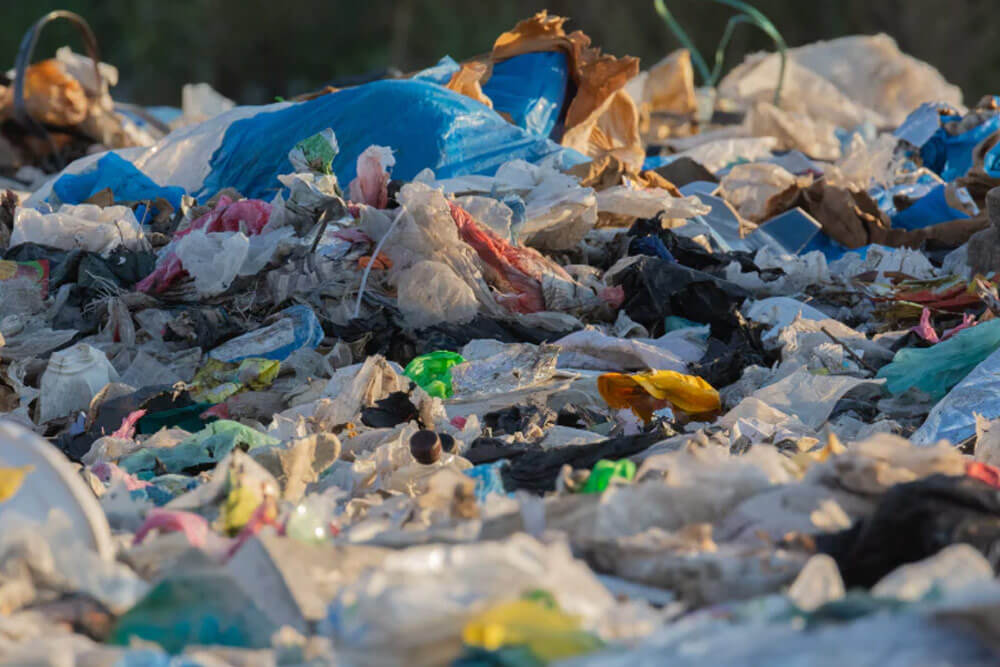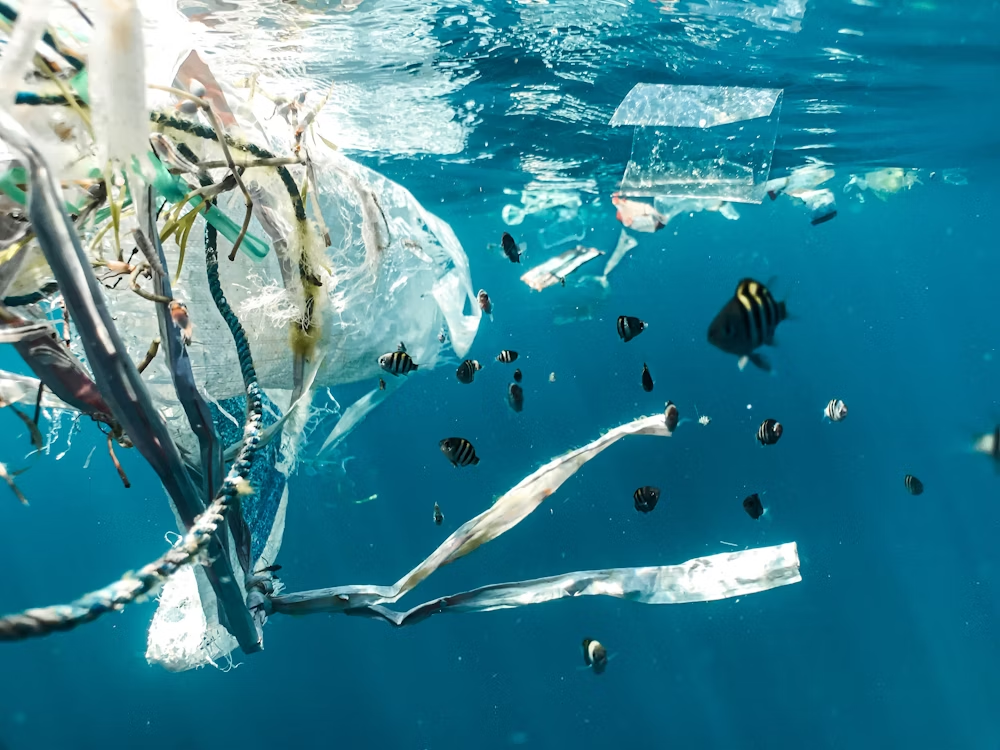Global concerns around the impacts of plastic use on the world’s eco-system and human well-being have been growing rapidly over the past years. The impacts are of particular concern mostly in developing countries where populations are increasing rapidly and waste generation is rising but where waste collection systems are weak, waste disposal is often uncontrolled and recycling is limited.
Malawi is one of the developing countries where solid waste management is already a significant challenge and lately the increasing plastic consumption is taking a toll on the environment and heritage landmarks like Lake Malawi. According to a study by United Nations Development Programme (UNDP), Lilongwe Wildlife Trust and Anchor Environmental, Malawians are likely to generate more than 0.2kg of plastic waste per person per day due to the increase of consumer goods being packaged and carried in single-use plastic.
Due to Malawi’s weak collection systems, uncontrolled waste disposal and limited recycling, littered plastics ends up in landfill, environments but also washed into water bodies; streams and rivers which deposits all the plastic waste into Lake Malawi.
Aside from poor waste management, tourism remains the single largest driver of waste dumping into Lake Malawi. Many tourist sites around the lake act as locations for people to be able to interact with nature, which has resulted in numerous businesses arising to support the tourism activities. Events like Lake of Stars and Sand Music Festival attracts mass tourists who enjoys Lake Malawi from all over the country, and from other countries, to explore the waters, beaches and to taste the multitude of fish species that reside in the waters dumps a considerable amount of waste especially plastic waste.
To add on, many lodges, hotels, and restaurants deposits garbage and human waste into the lake; while many residents from the surrounding villages, such as those employed in the thriving tourism industry, dump food residues, defecate, wash, and bath in the lake. Tourists, too, dump large amounts of plastics and food items that they use into and around the lake.
According to UNDP, plastic pollution poses a major threat to the lake’s status as a World Heritage Site, with significant economic costs to the tourism industry as a result of loss in aesthetic value. Damage to marine life as a result of plastic waste is also likely to have serious consequences for fishery stocks and production – a serious concern given that many Malawian livelihoods are linked to the fisheries of Lake Malawi and other floodplain wetlands.
Furthermore, aside from plastic pollution, soil erosion caused by deforestation has increased sediment loads into the Lake, altering the directions or restricting the flow of the water, and causing flooding and further water pollution.
Malawi has continuously been a victim of devastating floods that mostly affect the districts; Nsanje, Chikwakwa and Neno, in the Lower Shire of the Southern Region but has of late been affecting the districts in the highlands as well; Blantyre, Mangochi and Zomba.
In in rare phenomenon, the floods have of late been hitting the Northern Regions; Nkhotakota and Salima due to rising water levels in Lake Malawi and the water levels initially rise with increased sediment loads being deposited into the lake but also increased heavy rainfalls as a result of climate changes prompted by several pollutions mainly deforestation.
In order to tackle the issue of plastic pollution, Government of Malawi through the Supreme Court banned the production and usage of thin plastics in 2015 but the country’s high court overturned the original ban in 2016 after 14 plastic manufacturers opposed the ban, saying it was “an infringement of business rights”. The plastic industry also said it wasn’t consulted about how to introduce a ban of plastic without comprising livelihoods.

Following a survey in April 2019, it was found that out of 1500 people 95% of people believed plastic pollution to be a serious issue in Malawi and 94% of people agreed with banning of the production and usage of plastics. These led to the Supreme Court to ban the production and usage of plastics for the second time.
However, the ban did not last just as the first time as it was blocked by injunctions from the plastics manufacturers which saw the environmentalists calling for speedy action from the judiciary back in 2023 but the judiciary hasn’t delivered despite assuring the concerned parties that the matter will be duly considered.
This year, 2025 the High Court ruling in February discharged the injunction by 11 thin plastic manufacturers stopping the government from enforcing the banning of the production and usage of thin plastics. This has paved way for the Malawi Environmental Protection Authority(MEPA) to enforce the ban on thin plastics of less than 60 microns.
Nevertheless, there is still a need for a call of action in order to protect Lake Malawi but also keep Malawi a clean, hygienic and pollution free country. According to literature and scholars, in order to improve the situation, there are various avenues that could be explored.
For starters, Malawi can emulate what other countries are doing in order to handle the issue of plastic pollution but also waste management. Many business owners around waterways in other countries have engaged in no-dumping campaigns to ensure that they reduce or entirely remove the sources of the waste. Malawi can adopt such campaigns by introducing dumping sites at least every mile but also enforce that business owners around the Lake Malawi have enough dumping sites in the premises they are conducting business.
Education systems are also recommended so that business owners could learn how to manage waste dumping practices into the lake. This could be taken as a lesson for the tourist centers around Lake Malawi; to take responsibility for ensuring that the lake remains a desirable tourist attraction, with sustainable economic benefits.
This should be done to ensure that the lake does not continue to devolve into a place that deters people from visiting, because waste dumping has made it unhygienic. Proper waste management systems ensure a healthy environment, and no society can develop healthily, when there is no proper waste management system.
The Malawian Government should, therefore, as a matter of urgency, implement sanitation policies to ensure that those who live and conduct business in and around the lake keep the environment clean through compulsory clean-up exercises before and after conducting their activities.
The citizens also have a duty to cooperate with the government, making sure that they do not dispose of their refuse indiscriminately; but rather, dispose it into refuse bins where it can be collected and treated in a manner that will not be hazardous to human and ecological health.
The government could also train sanitation personnel to be posted in and around the lake, to ensure compliance with waste management policies. Implementing these actions would help to maximize the full economic potential of Lake Malawi, for the betterment of all who visit, work, and reside there.









Leave a Reply